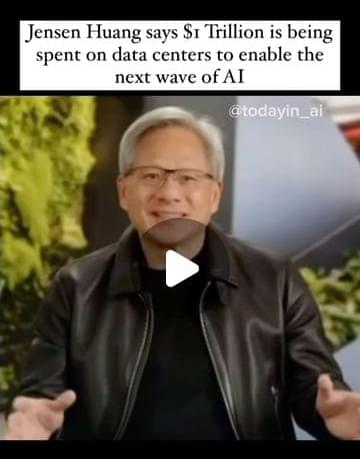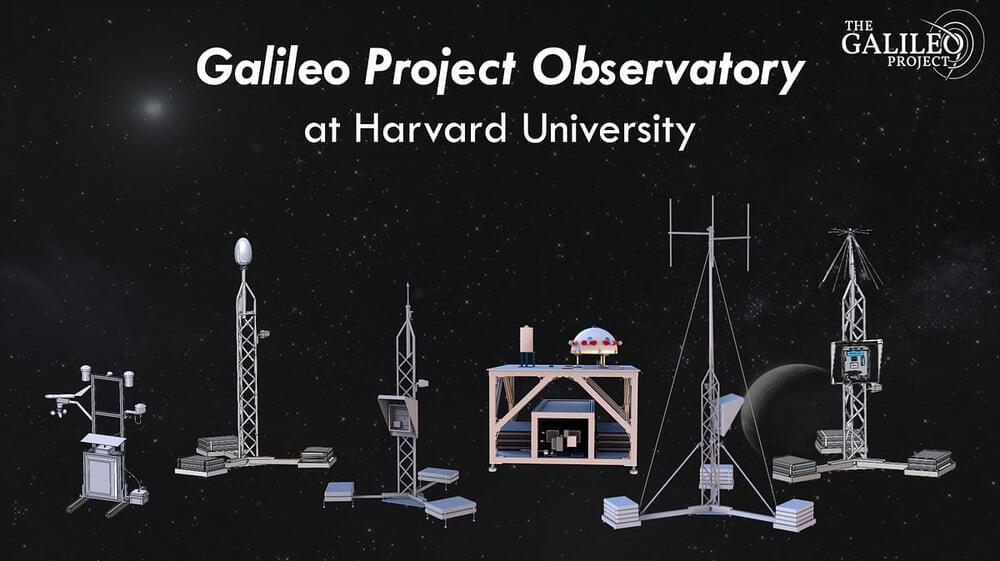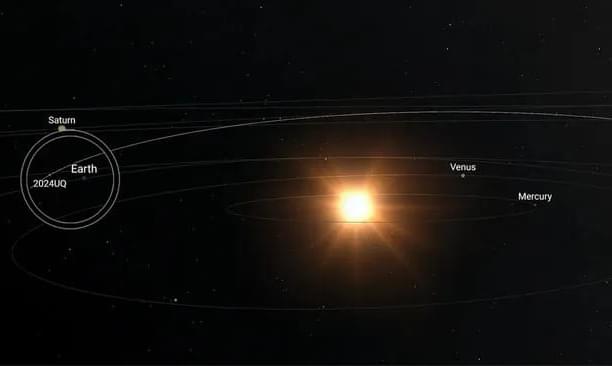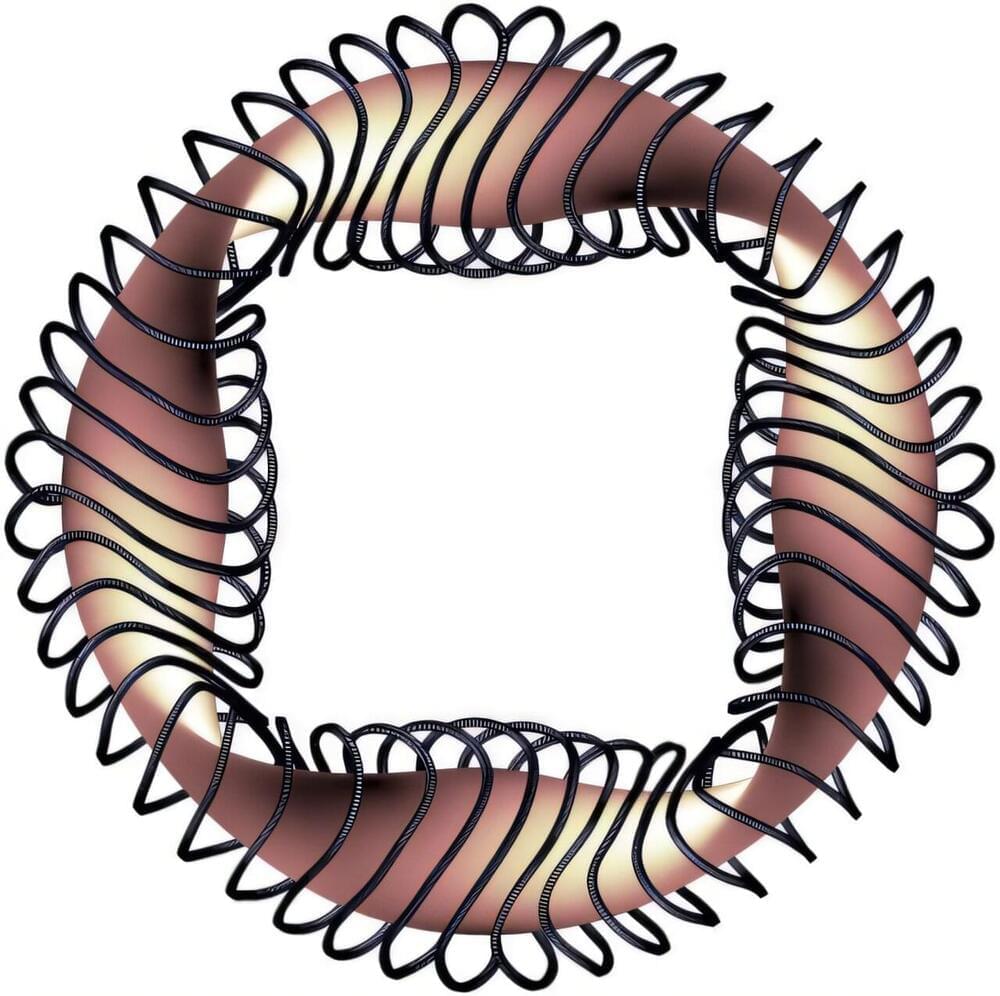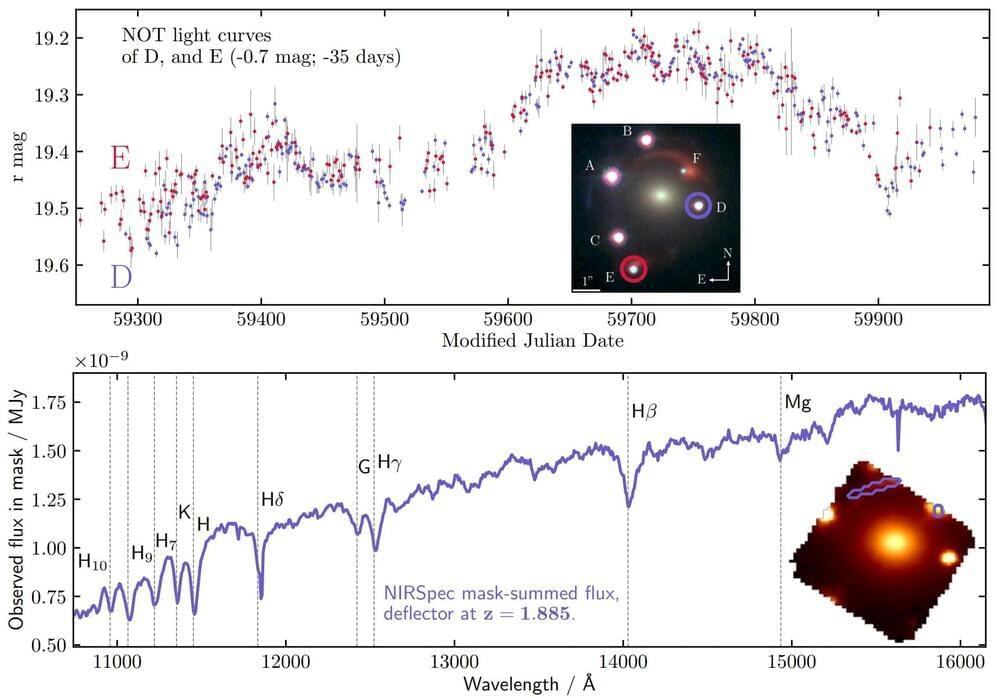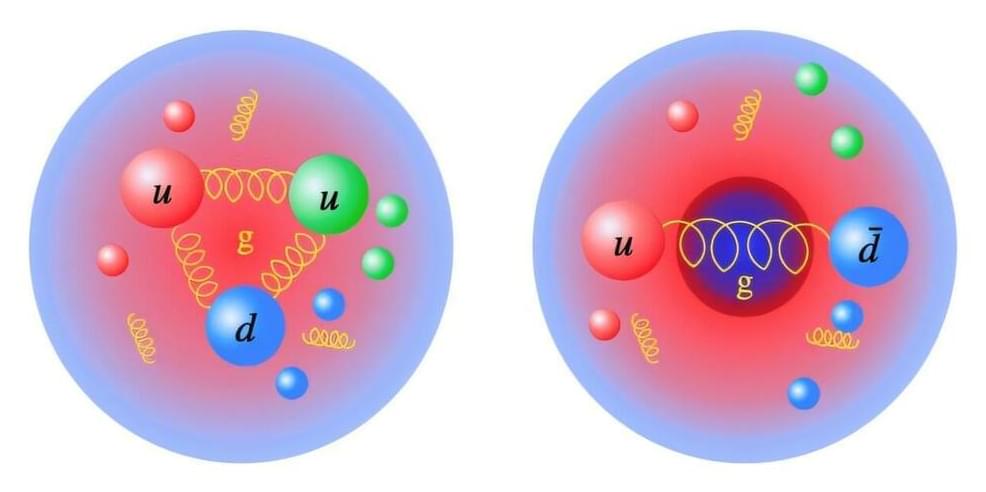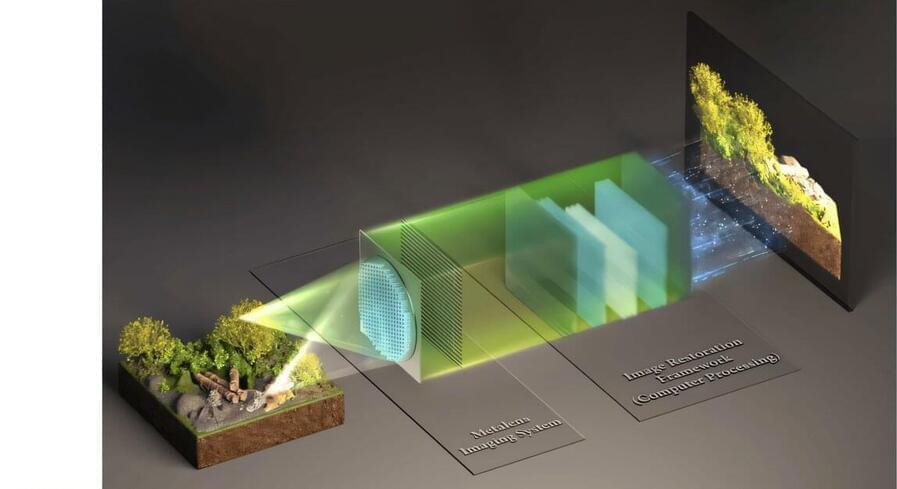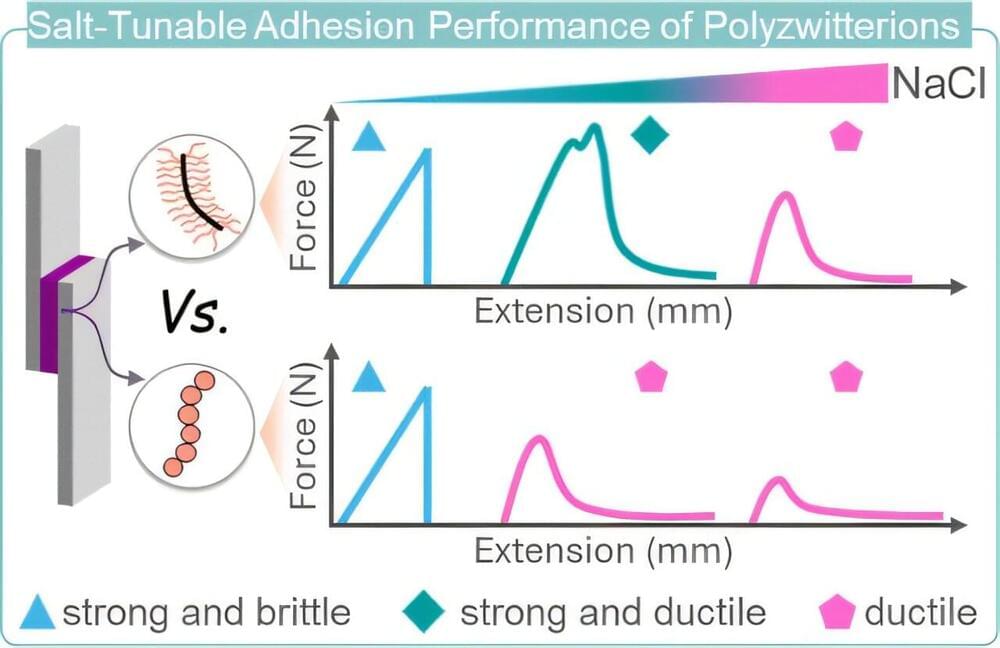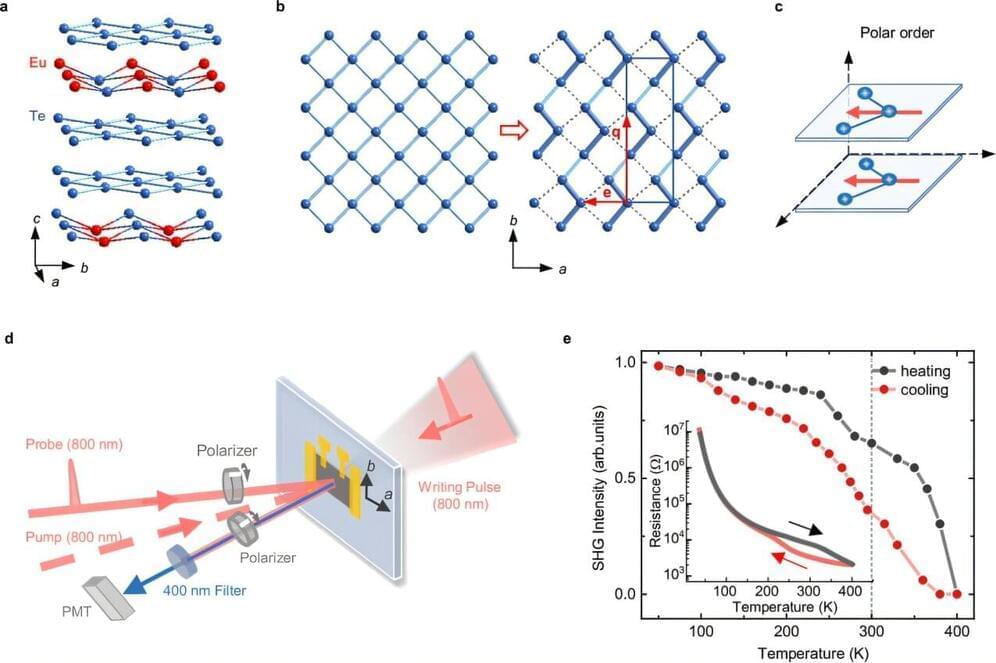Nov 16, 2024
Jensen Huang says that a trillion dollars is being spent on data centers to enable the next
Posted by Shailesh Prasad in categories: business, robotics/AI
Jensen Huang says that a trillion dollars is being spent on data centers to enable the next, biggest wave of AI to revolutionize business productivity. — - — 👉 Before you go 👋 If you want to keep up with the latest news on AI startups and how they’re changing the world, join 1000+ subscribers reading our newsletter for FREE! Link in bio. — - — #jensenhuang #nvidia #datacenter #datacenters #aidata #artificialintelligence #aitakeover #todayinai
